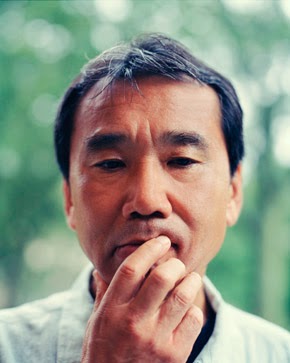Comics, censorship and changing cultures
 Earlier this fall, on the day when then candidates Barack Obama and John McCain were visiting the campus of one of my old schools, Columbia University, I was visiting with nonfiction author and CU journalism professor David Hajdu in his festooned campus office to talk comics and culture. NYC was cloud-covered and felt ominous and edgy--entirely apt, as it was another September 11, seven years after the act.
Earlier this fall, on the day when then candidates Barack Obama and John McCain were visiting the campus of one of my old schools, Columbia University, I was visiting with nonfiction author and CU journalism professor David Hajdu in his festooned campus office to talk comics and culture. NYC was cloud-covered and felt ominous and edgy--entirely apt, as it was another September 11, seven years after the act.I had to navigate police and media phalanxes to get to David, but his energetic conversation made the trek well worth it.
I first read Hajdu's work via my dear pal Paul, author and editor at FSG, who sent along a copy of David's first book, Lush Life, about the excruciating genius of Billy Strayhorn, Duke Ellington's largely unsung collaborator, in 1997. Over ten years ago. Yeesh.
When I heard that Hajdu's latest book, The Ten Cent Plague, was about the birth and aborted growth of American comics, I was immediately interested, given my own study of Japan's sophisticated history in the medium. I wasn't disappointed. I read the book, then was asked by another pal, John at the Brooklyn Rail, to concoct a story.
Rather than spout in an essay, I wanted to talk with David, to have a real-time exchange of ideas that traversed oceans, cultures and decades. That's what we did, amid the chaos of Columbia's election season, and the grim celebration of the end of an era.
The publishable bits of what we said are in the Brooklyn Rail here.

